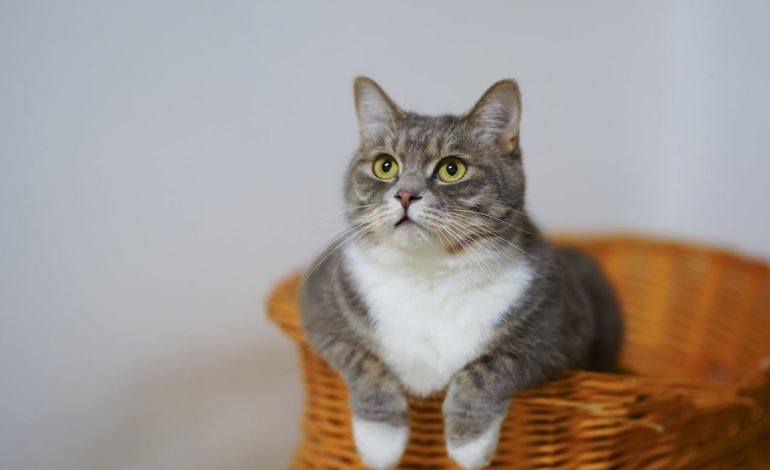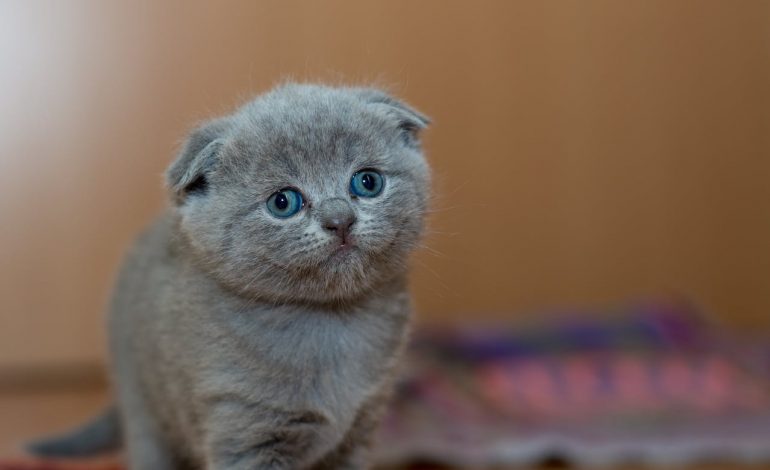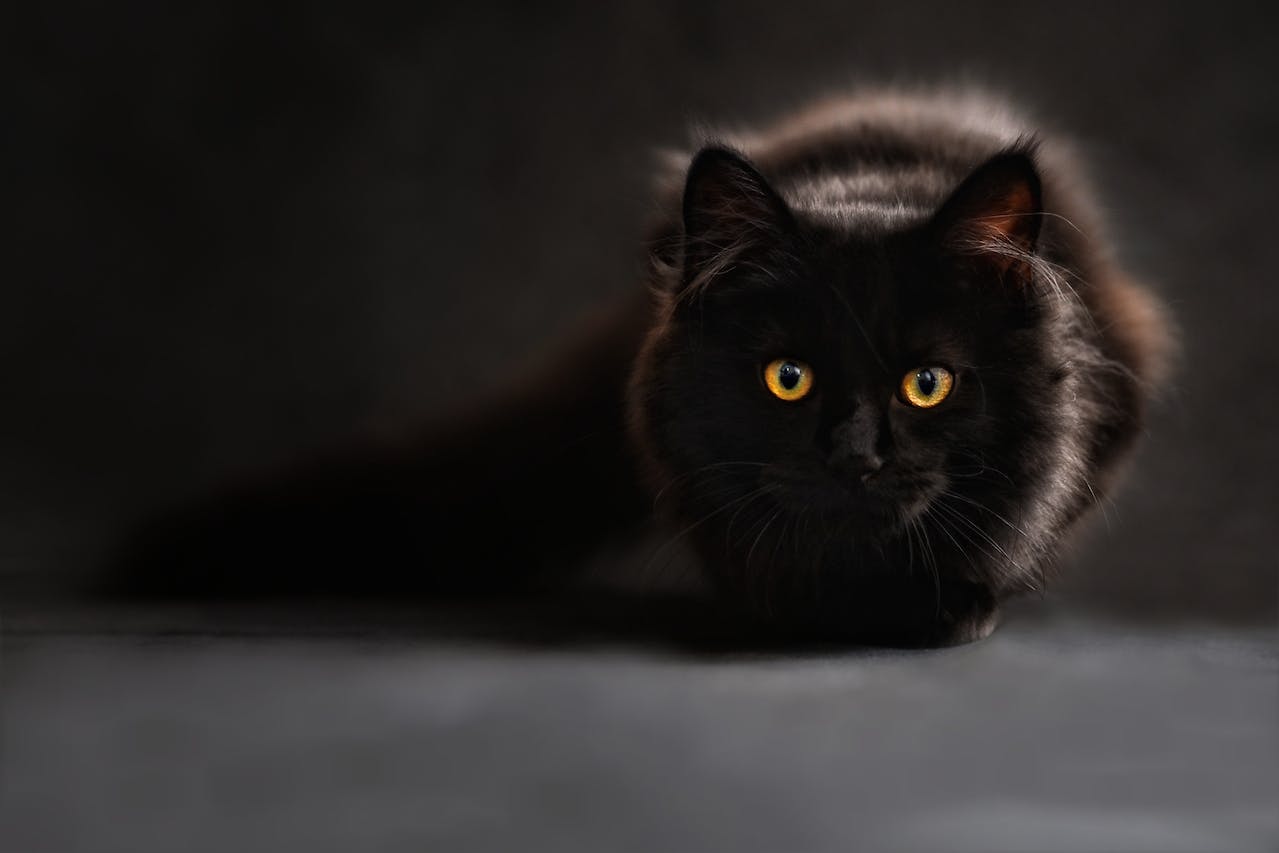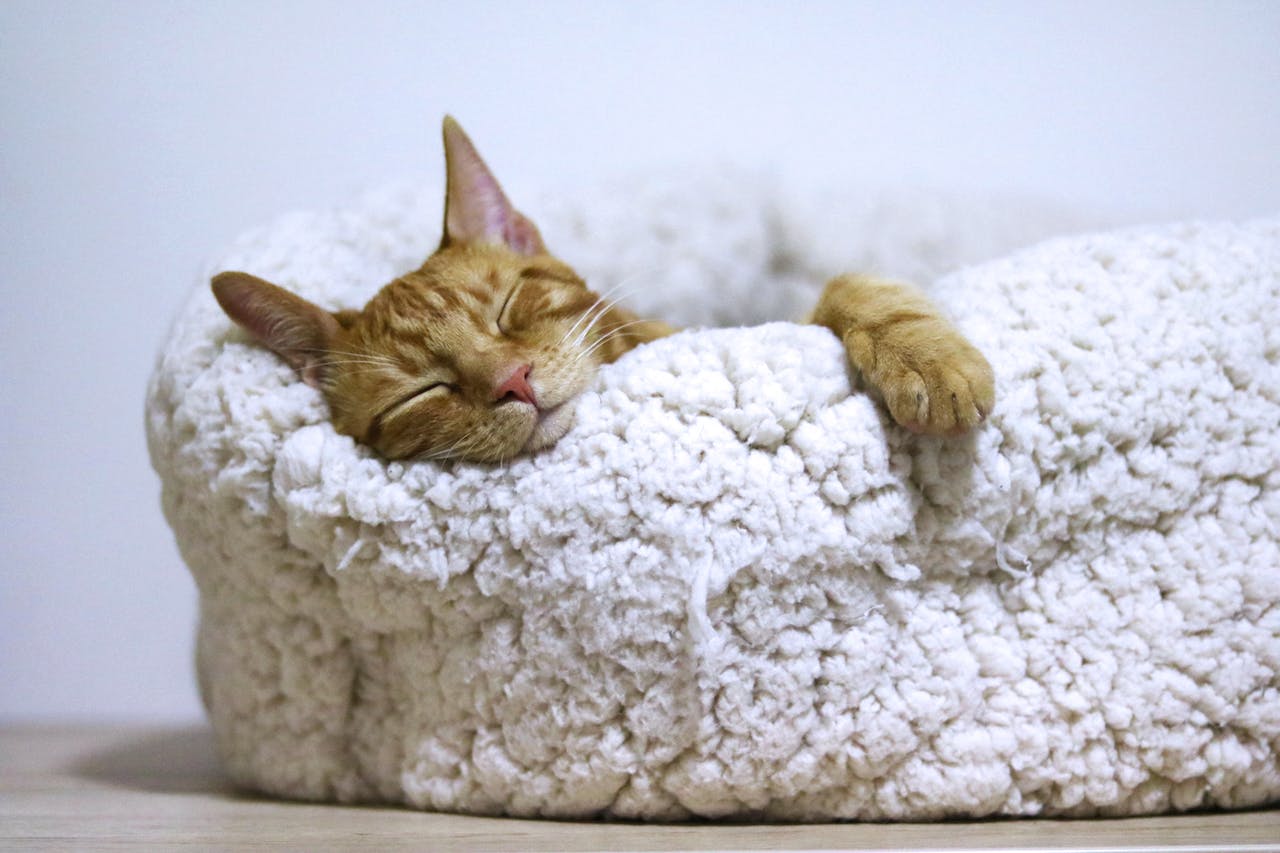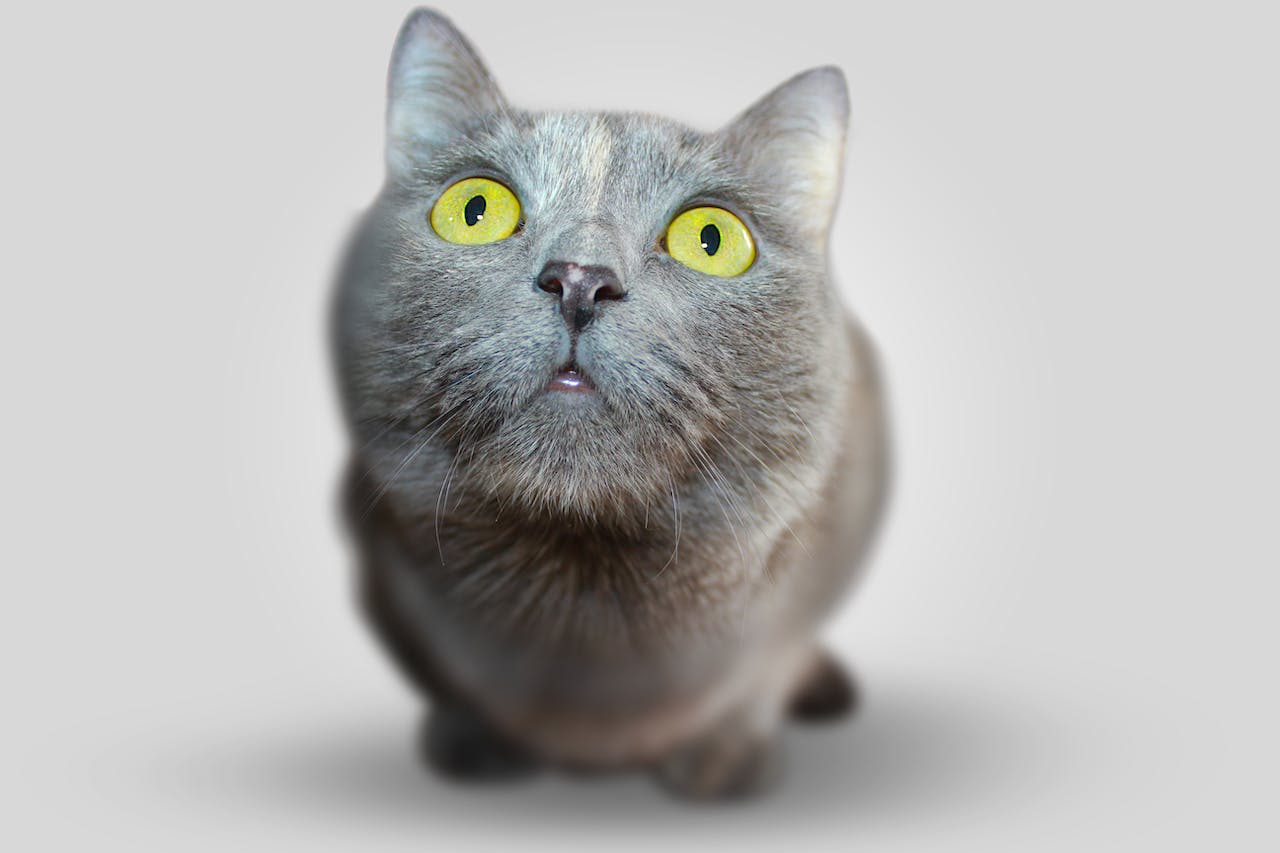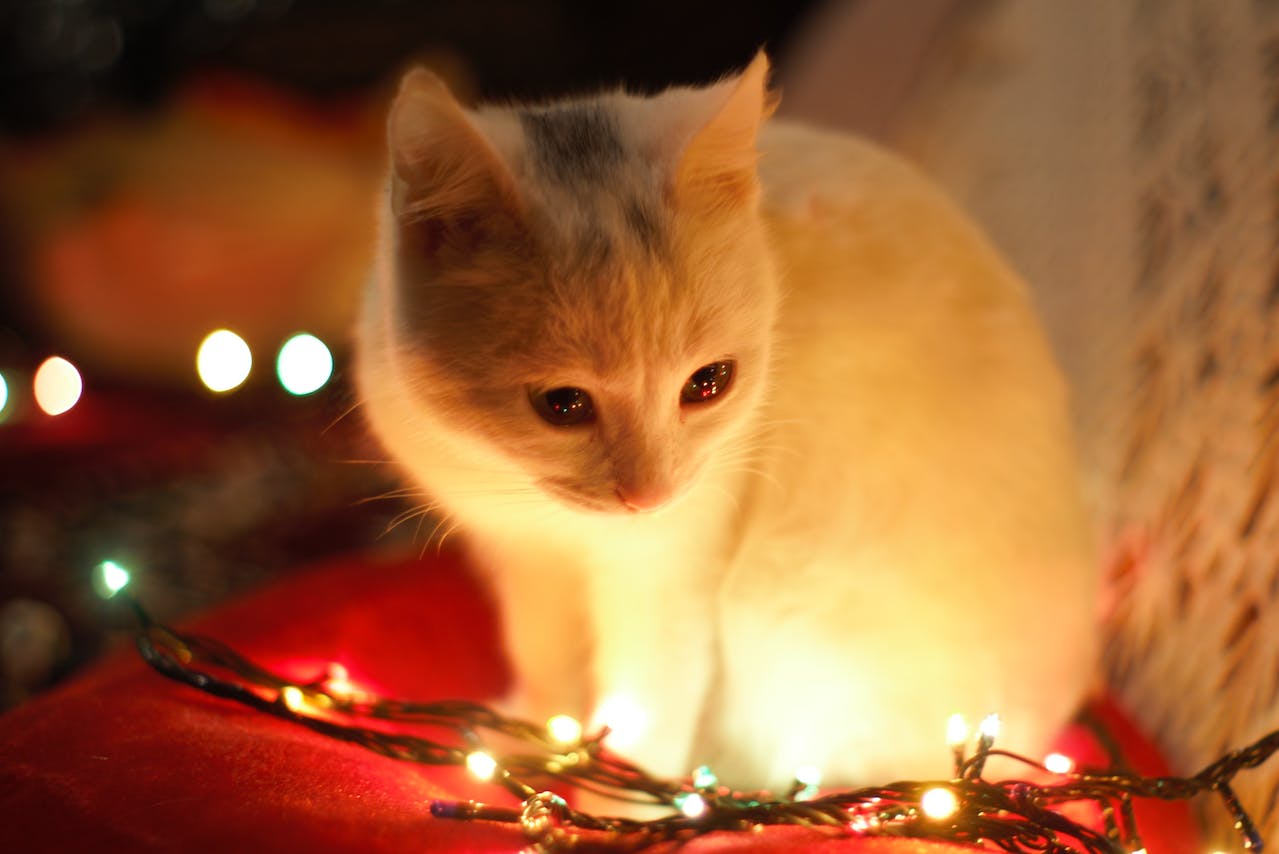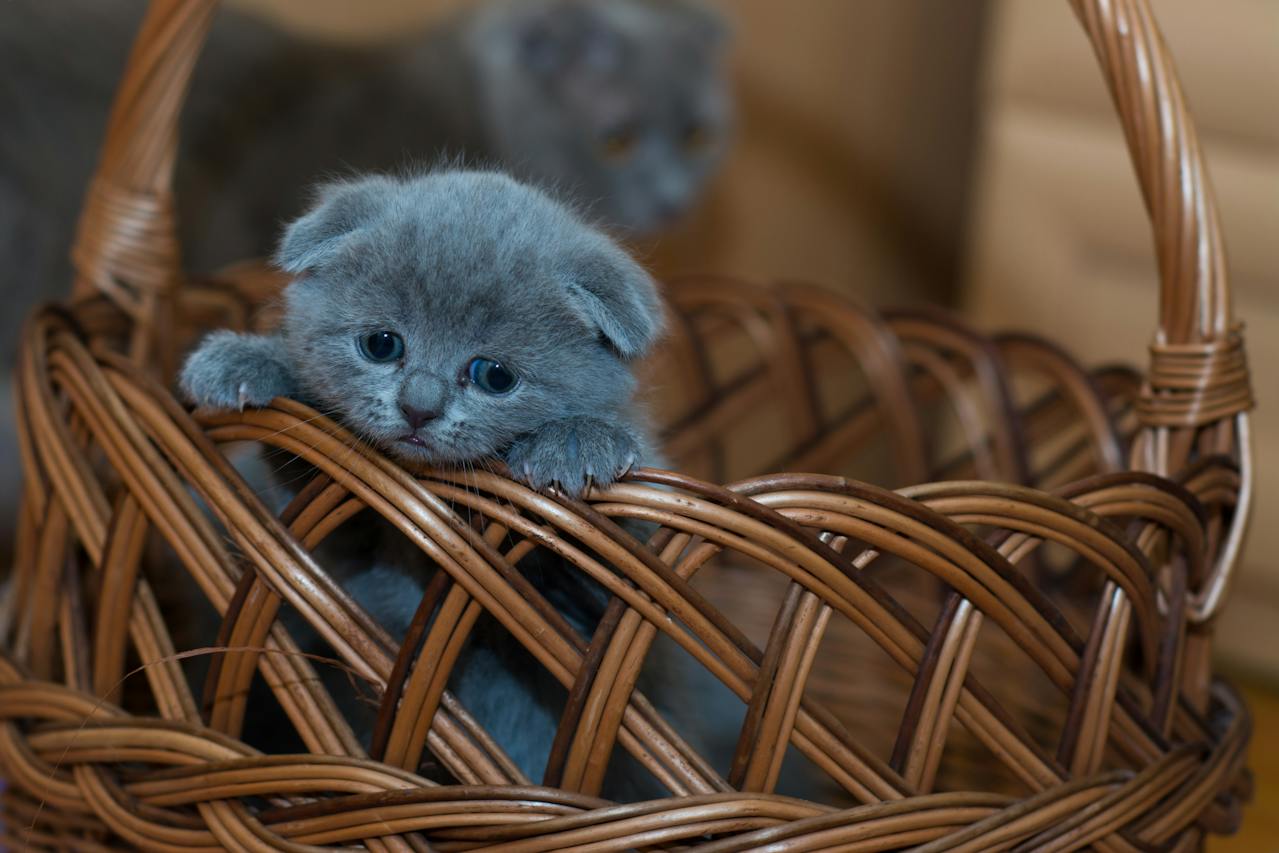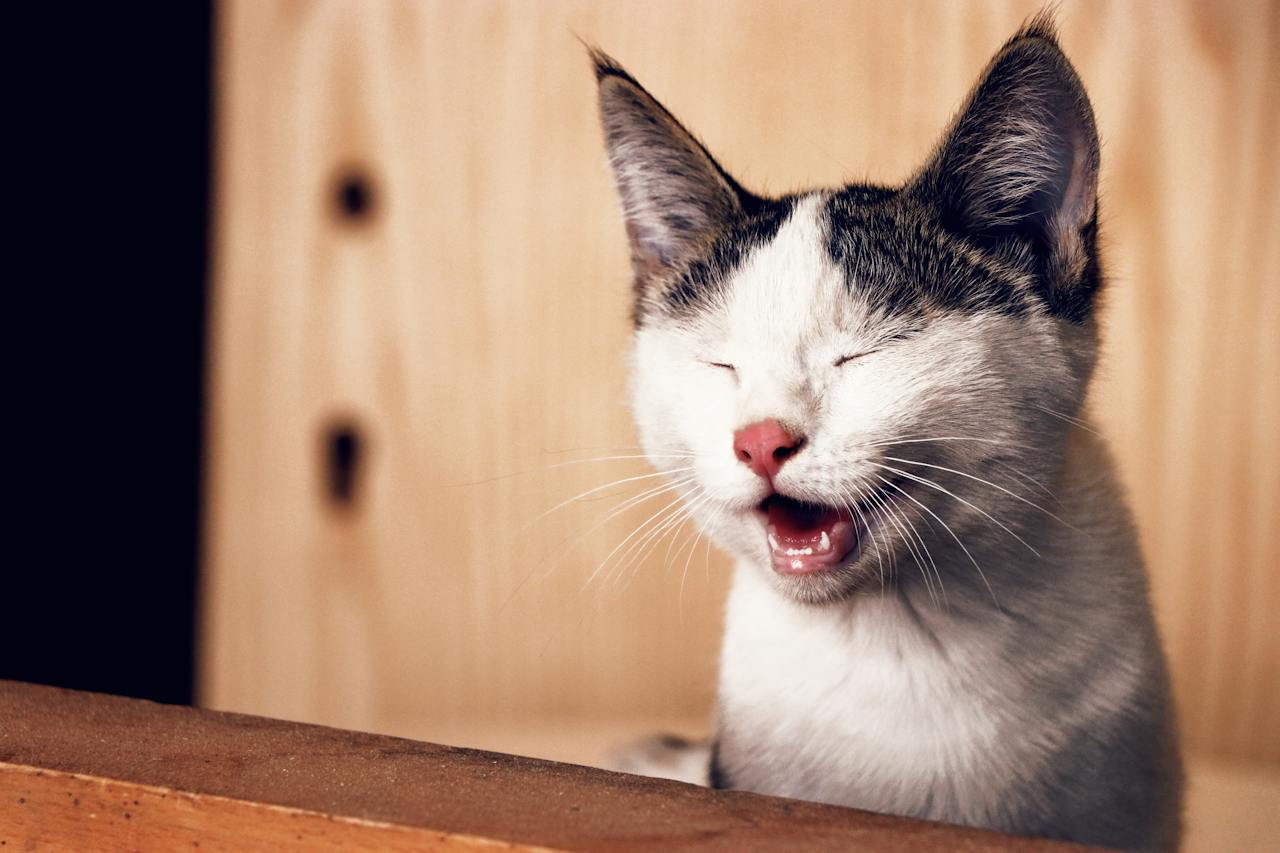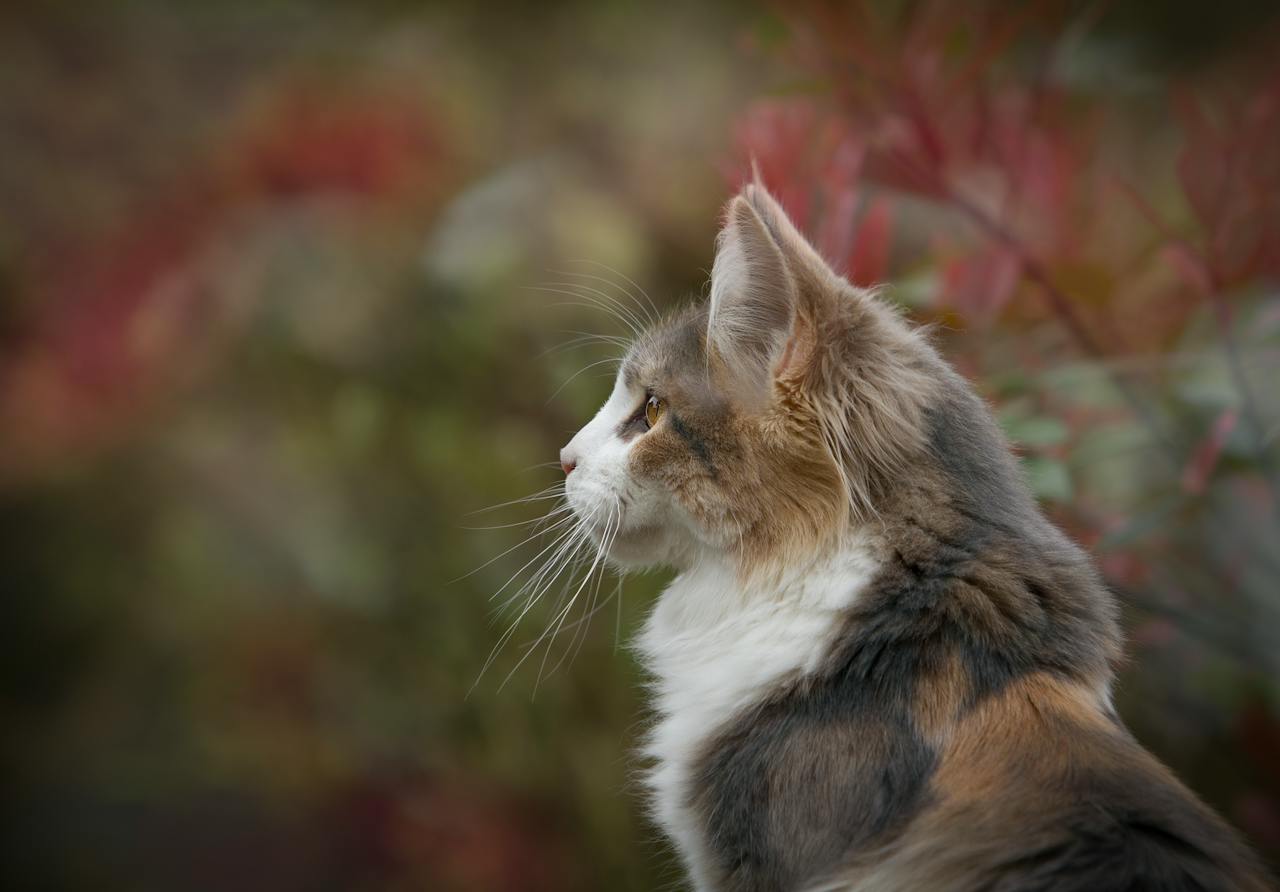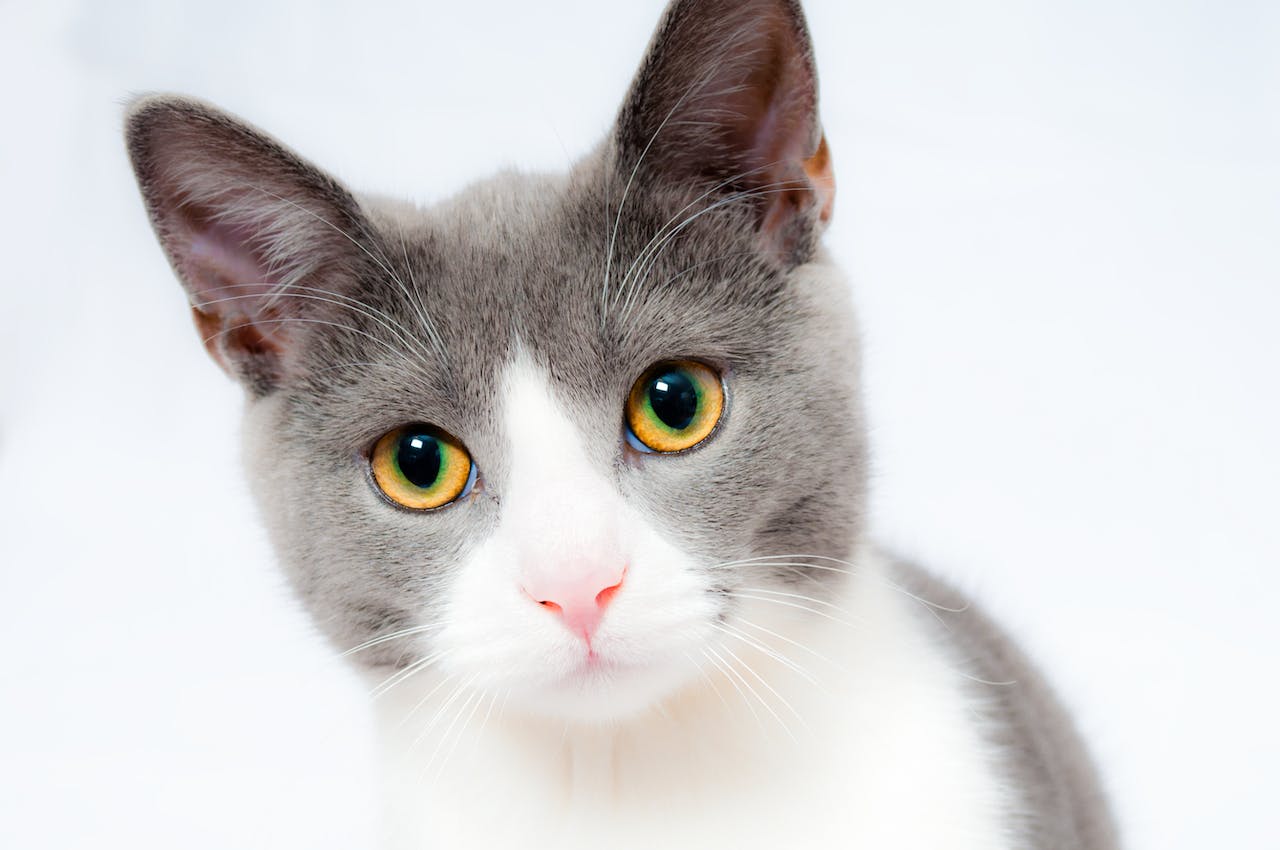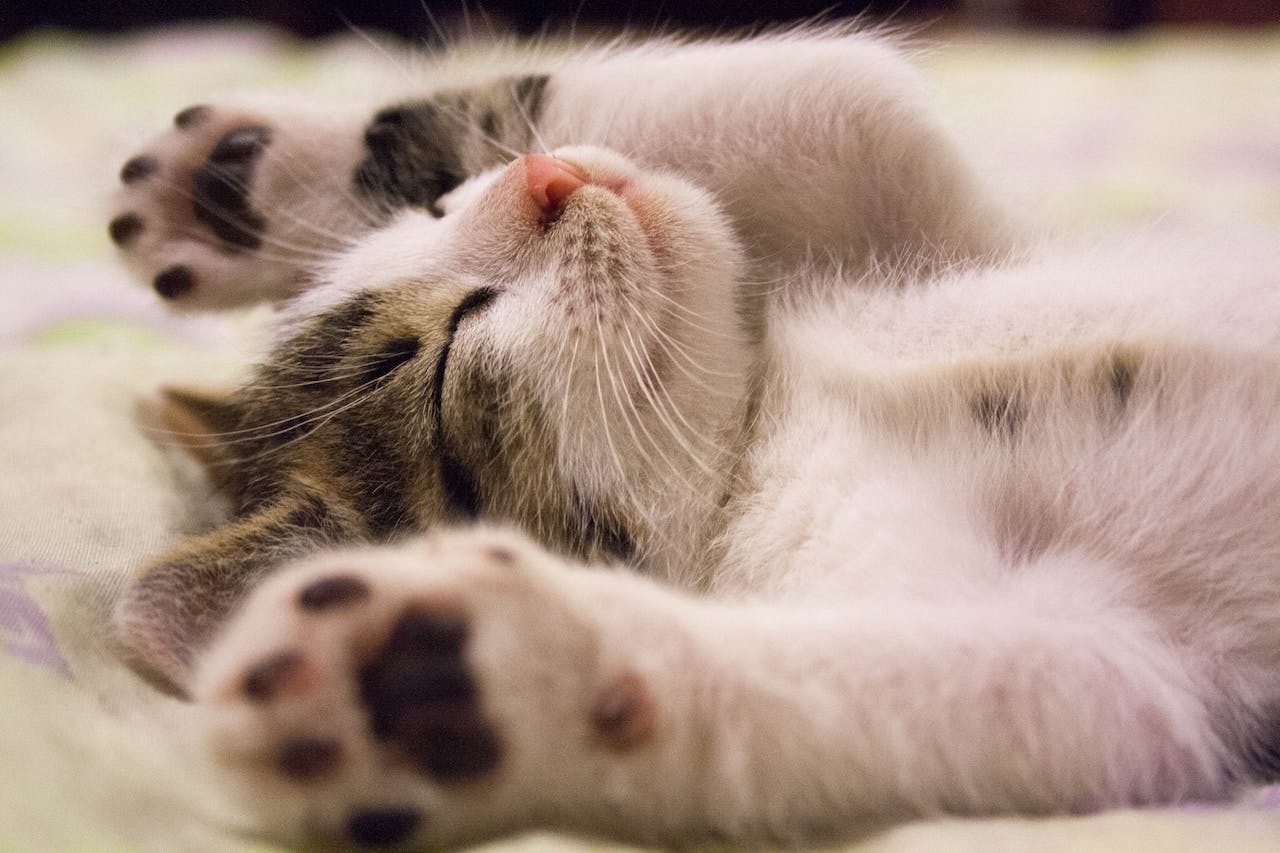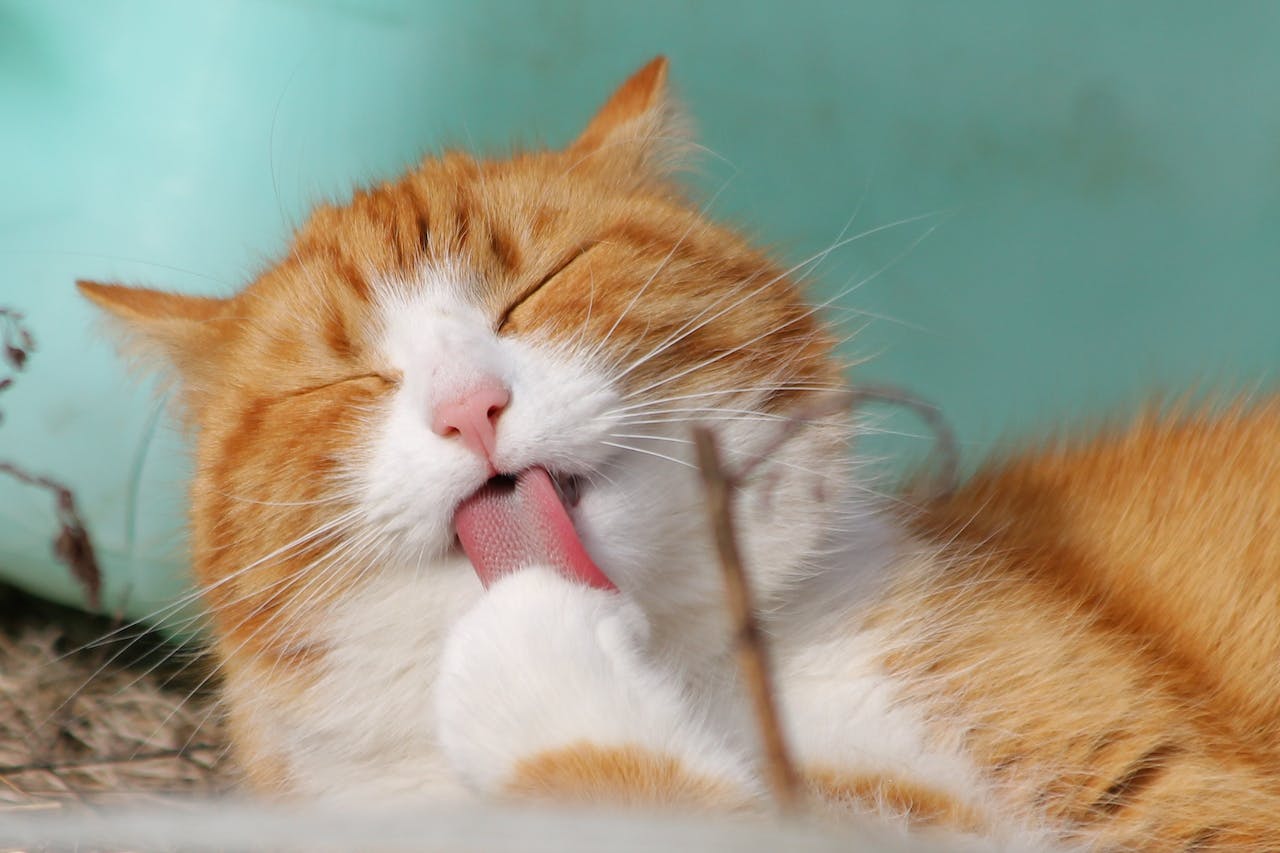Why Does My Cat Chew Plastic Bags?
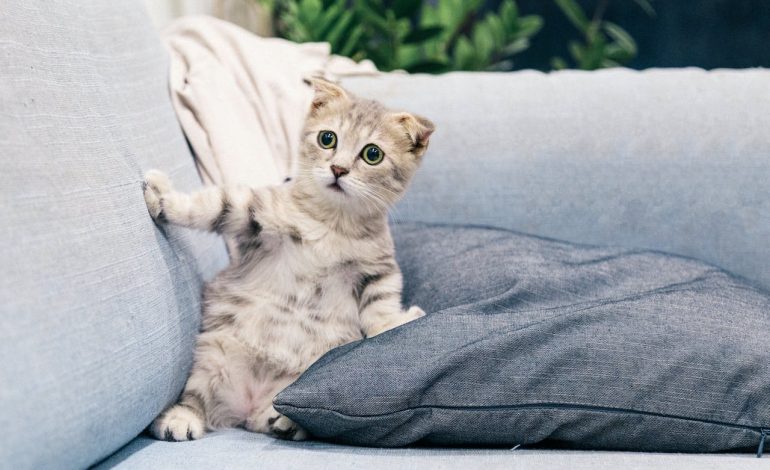
Questions that can come up when working with families that have cats in their households, are often about a cat’s predilection for chewing on odd items. While plastic bags may seem like a strange choice for cats; from a cat’s point of view, they are very attractive. However, chewing on these bags can be dangerous for your cat as they can suffocate or choke on bags and bag pieces.
What’s so great about chewing plastic bags?
Plastic bags that come from a grocery or other food store can carry the lingering scent and even taste of food, which makes chewing them a pleasant experience. Many bags are also coated in substances such as cornstarch, stearates (salts of stearate acid), or are made of animal by-products such as gelatin, which makes them attractive to cats. Cats can also enjoy the crinkly noises that a plastic bag makes.
Another reason that cats will chew bags can be related to their dental health. If you find your cat engaging in these activities, a trip to the veterinarian to make sure her teeth are in good order is important. You may also want to discuss with your veterinarian your cat’s diet, as chewing on odd objects can be a symptom of insufficiency in daily dietary needs. Finally, boredom can be a major factor in habits like these. You should adopt a plan combining management (to keep your cat safe) and enrichment (to engage your cat’s physical and mental needs).
Tips to keep your cat from chewing plastic bags.
- Since chewing on bags can present a hazard to your cat’s health, you want to make sure that she no longer has access to these items. For bags, it’s fairly simple. Make sure you dispose of them right away in a place that is not accessible to your cat. If you like to keep these bags to recycle them for another use, make sure they are in a safe place that your cat cannot get into, such as a locked cabinet.
- Providing your cats with enrichment will play a big role in dissuading them from chewing inappropriate items. Miranda K. Workman, a Certified Animal Behavior Consultant through the International Association of Animal Behavior Consultants and Adjunct Professor of Animal Learning at Canisius College, personally communicated to me that, “Addressing a cat’s sensory needs: smell, taste, texture and sound.” If your cat likes chewing on bags, find items in your local pet store that approximate those sensations, such as crinkly balls. Look for items that are different from these as well, so your cats are able to enjoy a wide variety of textures and sounds when they chew and play. Says Workman, “I even use puppy Nylabones® as chew toys for very orally focused cats.”
- Increase your daily play with your cat as well, which can help tire your cat out both physically and mentally. Look for toys that require you to be engaged with the play, such as “fishing wand” type toys. Interactive food toys, where your cat has to hunt for food within the toy, are also a good way to engage feline minds and bodies. Training (clicking training) your cat to do simple behaviors such as sit, down and other tricks is also a wonderful way to increase your cat’s exercise and a wonderful bonding activity.
